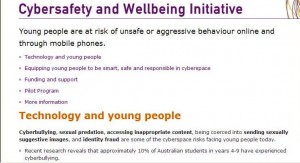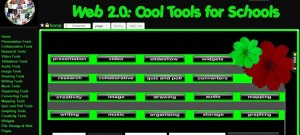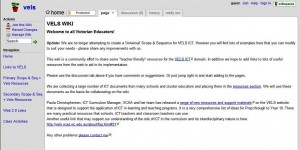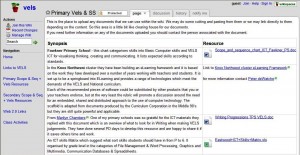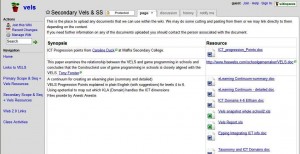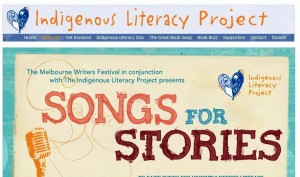Hear how two teachers use a variety of online environments to connect students in rural and remote schools with experienced educators.
Where: Online in Elluminate. You don’t need to leave your desk – the program comes to you.
Sign up at: http://eventactions.com/ea.aspx?ea=Rsvp&guid=2a3a72ee67194e03b3c1138c9645e2a9
When: Thursday 20 August at 4pm
Who:
Gary Schultz is a teacher of 25 years. With a career path through Physical Education, Science, Information Technology and Work Education, to developing Dimboola Memorial Secondary College teachers integration of ICT into classroom practice. Gary was awarded the 2008 Most Outstanding Secondary Teacher of the year for his work in changing the ICT culture of the college. He is currently working at the Horsham Regional Office in the position of Wimmera Virtual School Project Officer.
The Wimmera Virtual School project is a pilot project that encompasses eleven secondary colleges around the Wimmera area in the North West of Victoria. The project is attempting to address disadvantage in rural and remote schools by developing a Blended Learning model of provision. Currently there are eight VCE subjects being provided that include the use of video conferencing, online content, digital recorded content and also face-to-face teaching.
and
Adrian Camm is the Head of Mathematics at McGuire College and has responsibility for senior Mathematics and Physics. He is now taking a leadership role in promoting effective use of emerging technologies across all faculty areas. Adrian is also a member of the Powerful Learning Practice International Cohort where he engages with international educators on 21st century learning.
Adrian has created a VCE Physics Unit 3&4 Virtual Learning Community that links students across the state of Victoria to experienced educators and textbook authors. Come and learn how the initiative created opportunities for students to interact with each other, educators and knowledgeable adults in authentic learning experiences.
For more information see: http://knowledgebank.global2.vic.edu.au/2009/08/03/networked-schools-two-great-stories-from-classrooms-using-new-technologies-to-connect-collaborate/
Thanks to Tamara Carpenter from KnowledgeBank for the above text.

